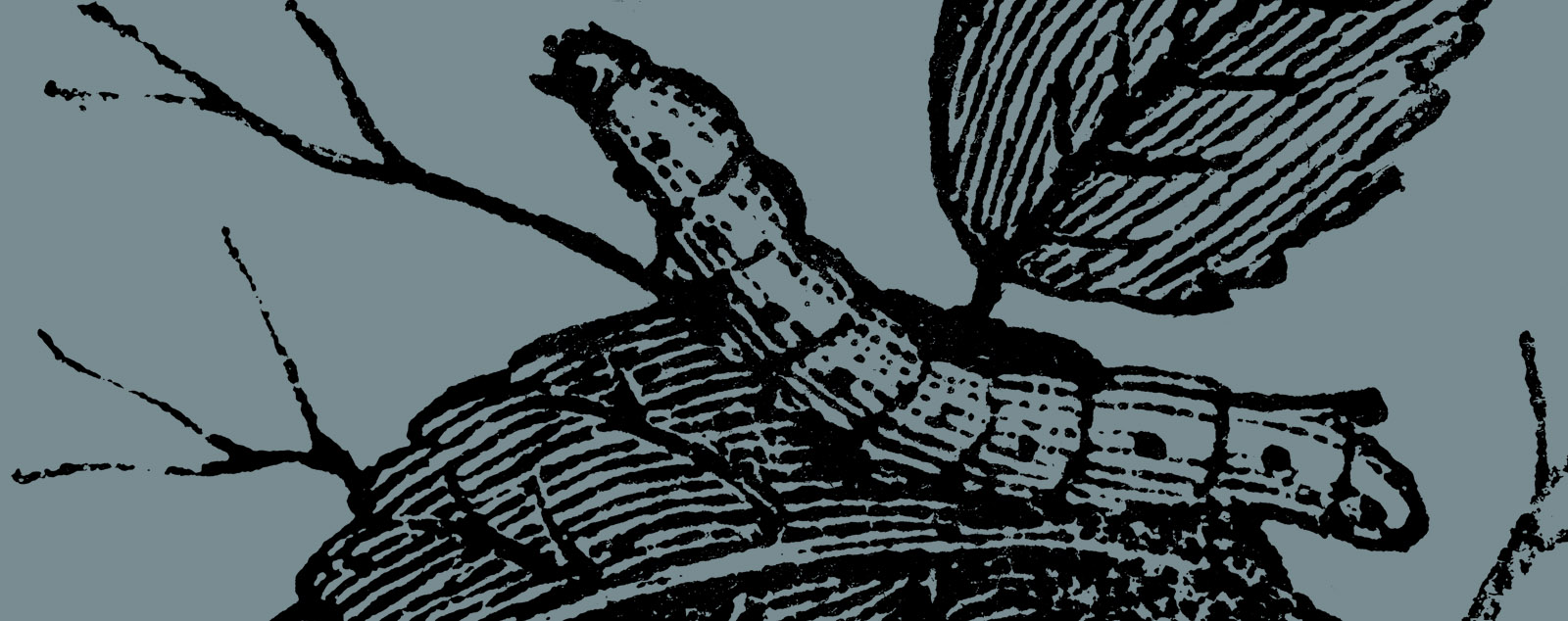

TRANSITION
Retiring in the eye of the storm
Should COVID affect my retirement plans?
Even in normal times retirement is among the most profound changes we go through in our lives. For those of us retiring now, the COVID-19 storm will accelerate and deepen our experience of this change, as we grieve for what has been taken from us. On top of the restrictions in our everyday lives, our dream holiday may have been postponed, our longer-term plans disrupted. If our investments have fallen in value this adds financial anxiety to the mix. We may even have lost loved ones to COVID.
Even if we’ve not faced bereavement, as David Kessler describes, feeling sadness for this loss is nothing to be ashamed of, indeed it’s to be expected. Acknowledging what we’re feeling helps us cope better and come out the other side quicker. Financial worries resonate with our broader anxieties. Whether we consciously recognise it or not, we’re likely to be in a heightened emotional state at this time. That’s OK, but we need to be aware of this as it may affect decisions we make.
Face the facts
The economic situation increases the anxiety we feel moving from earning a wage to living off savings. Rather than letting the worry fester we need to face facts and review our plan, focussing on what we can control.
First, our income. How far has our portfolio fallen? Even if it hasn’t fallen in value, prospective returns are very likely lower. Will we need to reduce the income we take from our assets? Are there ways we can generate extra income through a part-time job or consulting work?
Second, how we take our income. With dividends and interest rates being cut, our investment income may have fallen, requiring us to sell assets to make up the shortfall. Should we draw down from our pension or ISA, or seek to use cash savings while markets recover? Does it make sense to defer taking tax-free cash from our pension, rather than selling assets at depressed prices?
Third, our expenditure. Do we need to cut back? As I’ve written elsewhere, we’re going through a unique experiment to find out what’s important to us. We’re getting by with much less than we would’ve thought possible just a few weeks ago.
Adapt if necessary
In many cases a well-designed financial plan means we don’t need to make changes. The market falls we’ve seen so far, while sudden and severe, remain within normal ranges. It’s essential to avoid knee-jerk reactions. But adjustments may be needed. Poor investment returns early in retirement cause us to sell more of our portfolio to fund expenditure, reducing our ability to make up lost ground as markets recover.
It’s important to get support at this time, drawing on a friend, adviser or coach who can help us to think through our finances and manage the emotions triggered by change.
Emphasise the positive
We may not get the retirement we planned, at least immediately. But there will still be positives. Reflecting on what’s going well in life is essential for wellbeing. If we were in a position to retire before the crisis, we probably now face an adjustment rather than financial disaster.
The short-term disruption to our plans is upsetting. But we can use this time to reflect and set the foundation for a more satisfying retirement longer term. Herminia Ibarra describes how uncertainty is an essential part of life transitions. We need to experiment to find our best future self. The rock thrown in the pond by COVID-19 may create ripples that carry us to an unexpected but more fulfilling destination, if we can be open to the opportunity.
This article was first published by Initiative for Financial Wellbeing.
